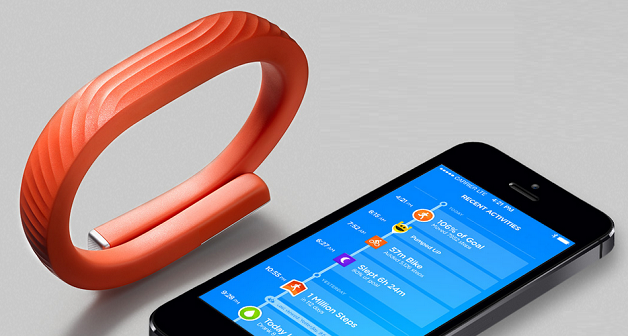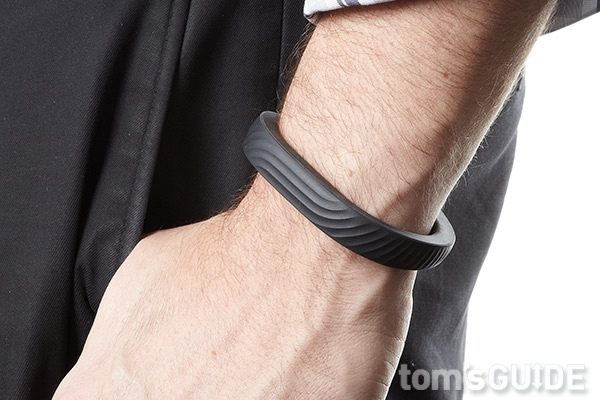Smartphones Count Steps Just As Well As Fitness Trackers, Study Shows
Activity tracking might be as easy as turning on your smartphone, as researchers find that phone apps monitor steps as well as wearables.


If you have a smartphone in your pocket, that might be the only thing you need to start moving more. A new study conducted by the University of Pennsylvania found that smartphones are just as accurate as wristband fitness trackers at detecting steps and daily activity.
The study had healthy adults walking on treadmills with a variety of devices: a waistband with one pedometer and two accelerometers, three fitness trackers on their wrists and two smartphones in their pockets running activity tracking apps. Researchers observed and counted every step the participants took on two trial walks -- one with 500 steps and one with 1,500 steps -- and found that the smartphones recorded the total step count fairly accurately, and with less variation than, the counts recorded by the fitness trackers.
MORE: Fitness Tracker Buying Guide
This suggests that if you don't have a Jawbone or a Fitbit and want to track your daily activity, you might be able to get by with using a simple app on your smartphone. However, the study was limited to walking, so there's no telling how accurate a smartphone would be if you wanted to track your morning jogs or reps at the gym.
Also, having fitness-tracking apps on your smartphone is useless if you forget your phone at home. Maybe you don't want to bring your smartphone on a run, or you leave it at your desk when you use the bathroom at work. Fitness trackers have an edge in this respect, since they are designed to stay on your body all day.
However, there's no competition between smartphones and fitness trackers in terms of adoption. The study also explains that only 1 or 2 percent of American adults use wearables, but more than 65 percent carry smartphones, thus making apps like Moves and Argus much more accessible and affordable than doling out up to hundreds of dollars for a fitness tracker.
Until wearables become more widely adopted, anyone with a smartphone could easily download an app to track his or her steps. The highly anticipated Apple Watch, due out in April, aims to popularize wearables, and has a wealth of health features, including activity tracking abilities, inactivity alerts and specialized apps that work with HealthKit to track diseases like diabetes. However, we'll have to wait and see how well the Apple Watch does these things, and if it can make people want to put another device on their wrists.
Get instant access to breaking news, the hottest reviews, great deals and helpful tips.
Valentina Palladino is a senior writer for Tom's Guide. Follow her at @valentinalucia. Follow Tom's Guide at @tomsguide and on Facebook.
Valentina is Commerce Editor at Engadget and has covered consumer electronics for a number of publications including Tom's Guide, Wired, Laptop Mag and Ars Technica, with a particular focus on wearables, PCs and other mobile tech.

